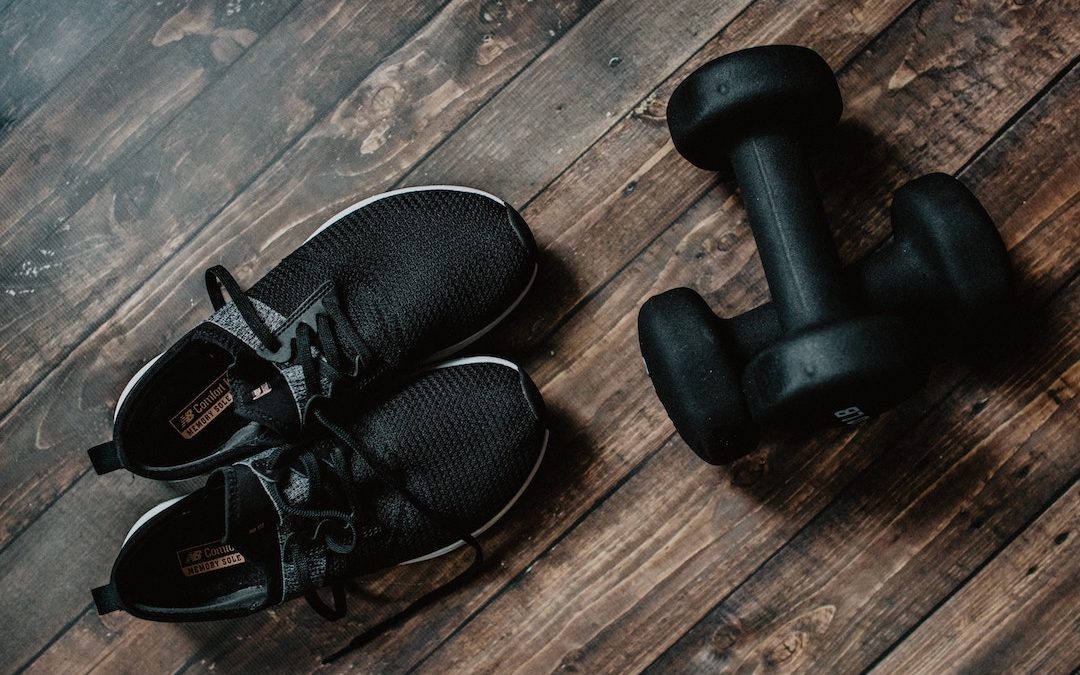Some creative people think that creativity only happens when the “muse” strikes.
That always sounded strange to me. Who was the muse? Am I not my own muse? In charge of my own creativity? If I had to depend on some nameless, invisible muse, who may or may not show up when I had some extra time to write, how would I ever get anything done?
It all sounded very unpredictable. And I don’t like unpredictable (in case you haven’t already figured that out).
So I probably don’t even need to tell you that I don’t subscribe to this belief.
What I do, instead, is train like a writing athlete.
I can hear the groans already. Training? Athlete? We became writers so we didn’t have to expend that much energy.
While it is some work to train like a writing athlete, I promise it’s not as much physical as it is mental.
And if you’re the kind of creative person who prefers waiting for inspiration to strike, then the following tips can help lay out the red carpet for the muse.
1. Be consistent.
I know it’s not always easy being consistent. I have six kids. This summer was a flurry of pediatrician well checks and eye doctor appointments and dentist appointments—and that’s just the scheduled extras. There are so many variables with six kids. Someone forgot to tell me about drama practice, someone missed the morning bus, someone got sick, someone decided he didn’t like carrots anymore.
But still, if all else fails, I try to squeeze in at least fifteen minutes to half an hour of writing time every day. I’d prefer more, sure, but the consistency is what’s important.
Consistency leads to necessary gains. Just like my consistent training makes me a better, stronger runner, so consistent training (or practice) makes us better, stronger writers.
Build your process. Experiment with what works for you. We’re all different. Don’t worry about how fast or slow you write. Focus on the best training schedule for you.
2. Don’t be afraid to add variety.
When we’re not training in our one specific fitness area (such as running), we think it hinders progress. I believed this for a long time—until I injured myself and had to take some time off, which is actually what hindered my progress. I spent that time off strength training, adding pilates and yoga to my regular workout rotation, and rowing. I came back a much stronger runner than I was before.
Writing, too, needs variety. Writing different forms in different genres, for different age groups—even if it’s just for fun and never goes beyond a very short story on our hard drive—challenges and stretches us as writers. Adding variety into our regular writing routine can strengthen our main discipline. If we write novels and change it up by writing short stories, we’ll likely write better novels. If we write essays and change it up to write some poetry, we’ll come back to the discipline we love much stronger.
In the same way, adding a variety of creative disciplines into our regular routine can make us better at our main creative discipline. Do other creative things that don’t seem to have anything to do with writing. Compose some songs, draw some pictures, pick up an instrument, dance like no one’s watching. Creativity enhances creativity.
3. Rest and recovery are just as important as the discipline of work.
You know where fitness gains really happen? In the rest after putting in the work. Muscles repair themselves and get stronger. Lungs expand and improve their capacity.
I like to think the same is true in writing. The brain keeps working even when we take time off. The subconscious mind works while we’re unaware of it.
So take a day or two or a whole week off. Spend the time doing other creative things or nothing at all. Let your brain rest. It will likely keep working for you—but will appreciate the rest all the same.
I hope you have a joyous month of consistency, variety, and rest.


